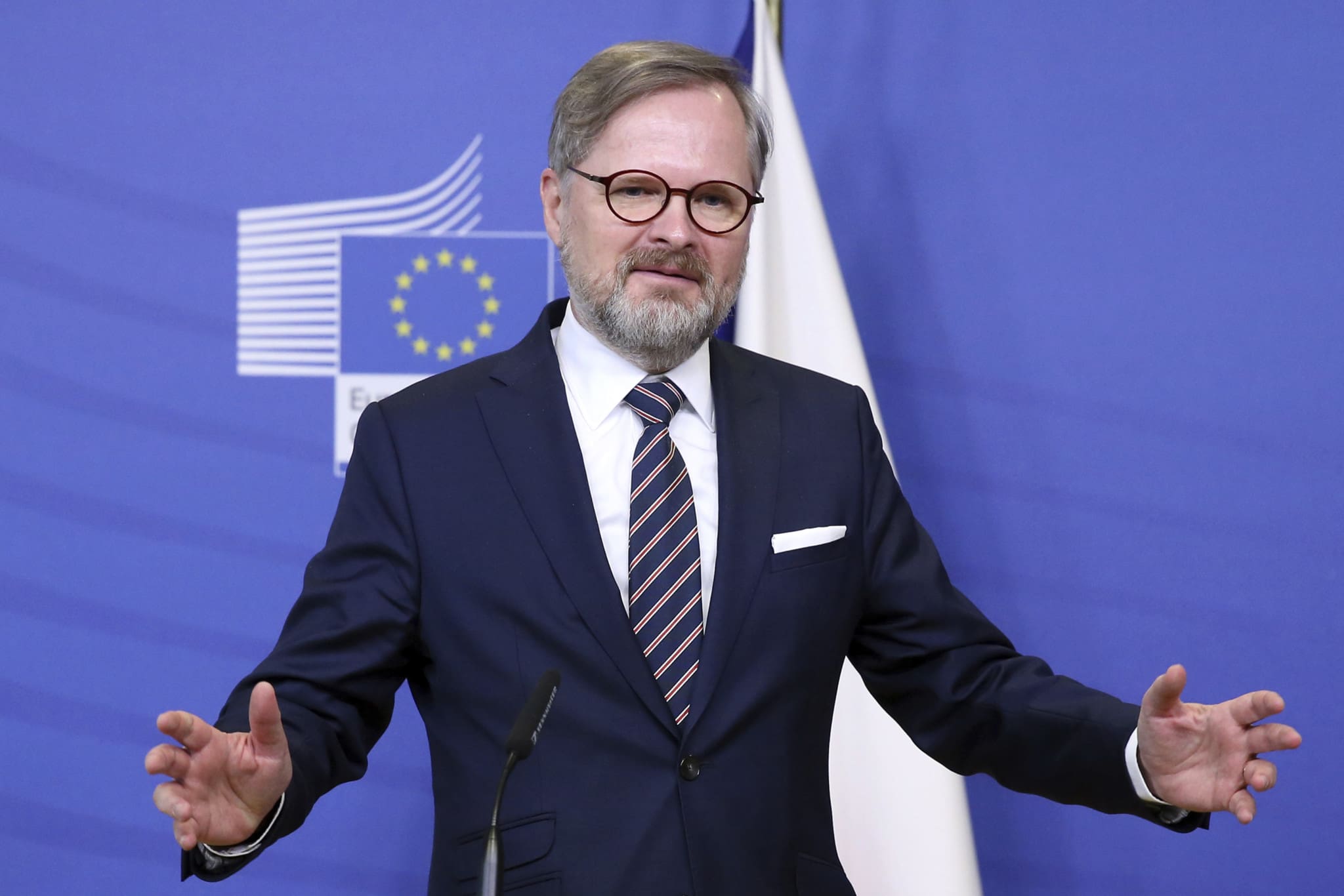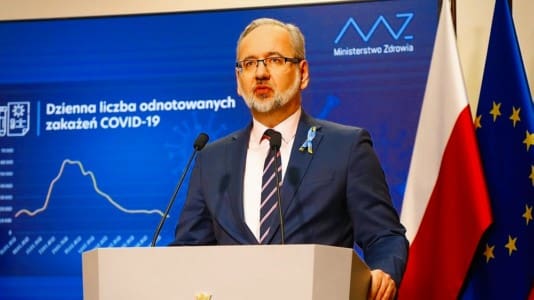Andrej Babiš and Tomio Okamura, both opponents to the current Czech administration, endured the openness to refugees from invaded Ukraine for less than a month.
On Thursday, exactly one month after the start of the Russian invasion, they could no longer keep the same line with the government and set off on a different track.
However, the pair face a dilemma. Both gentlemen are experts at reading the polling numbers and will be well aware that Czech society currently overwhelmingly supports openness towards Ukrainians. Indeed, according to a recent poll by the Median agency for Babiš’ newspaper, Mladá fronta DNES, 73 percent of Czechs approve of the current hospitality being afforded to those in need, with half of respondents believing Czechia should do even more to help.
Thus, both Babiš and Okamura will not allow themselves to directly criticize how welcoming the government has been to Ukrainians to date.
Instead, they have taken a detour from the government line and begun promoting a narrative with the headline: “Our people.” According to them, while Petr Fiala’s government devotes energy, time, and money to help fleeing refugees, he is forgetting that the war is significantly worsening and will continue to lower the living standards of Czechs. They are choosing to play a dangerous game of “us and them,” albeit perhaps more subliminally than before.
The only sensible response to this is to stop the decline in living standards that we are already experiencing with the third-highest inflation rate in Europe at 11.1 percent. Expensive energy is driving the prices up, although there is little the government can do about global oil and gas prices.
On the contrary, ministers should start tackling soaring energy prices as soon as possible. We produce the energies in our country relatively cheaply and we are only making them more expensive by regulating the European market through emission allowances and surcharges for dirty energy.
Global energy prices were already at a record high before the war in Ukraine. Now, with gas continuing to flow from Russia to Europe, even though Putin is demanding payment in rubles to strengthen the declining Russian currency, emission allowances have jumped once again from €60 a month ago to the current €79.
It is a direct energy surcharge. This money goes to the joint European budget, where we have no power over its distribution, but partly also fills the Czech state budget.
However, the ideal, which at the moment seems to be impassable, is the cancellation of allowances. If that is not possible, money from them could at least be returned to people and companies as compensation for electricity prices. That compensation would, in fact, at least partially mitigate the rise in electricity prices.
Prime Minister Petr Fiala’s government is behaving exemplary in the Ukrainian crisis. We have probably sent the most weapons per capita there, and have generously welcomed refugees from a country that is culturally close to us, and from a country where it has been proven for many years that its citizens come here for work and not for social benefits.
It is good that Petr Fiala is currently in power, who at the moment is doing all the right things, but the government really has high time to start dealing with the declining living standards if it wants to maintain the cohesion of society. The ministers have to start with electricity prices, and reducing the electricity bill would at least be a good start.






